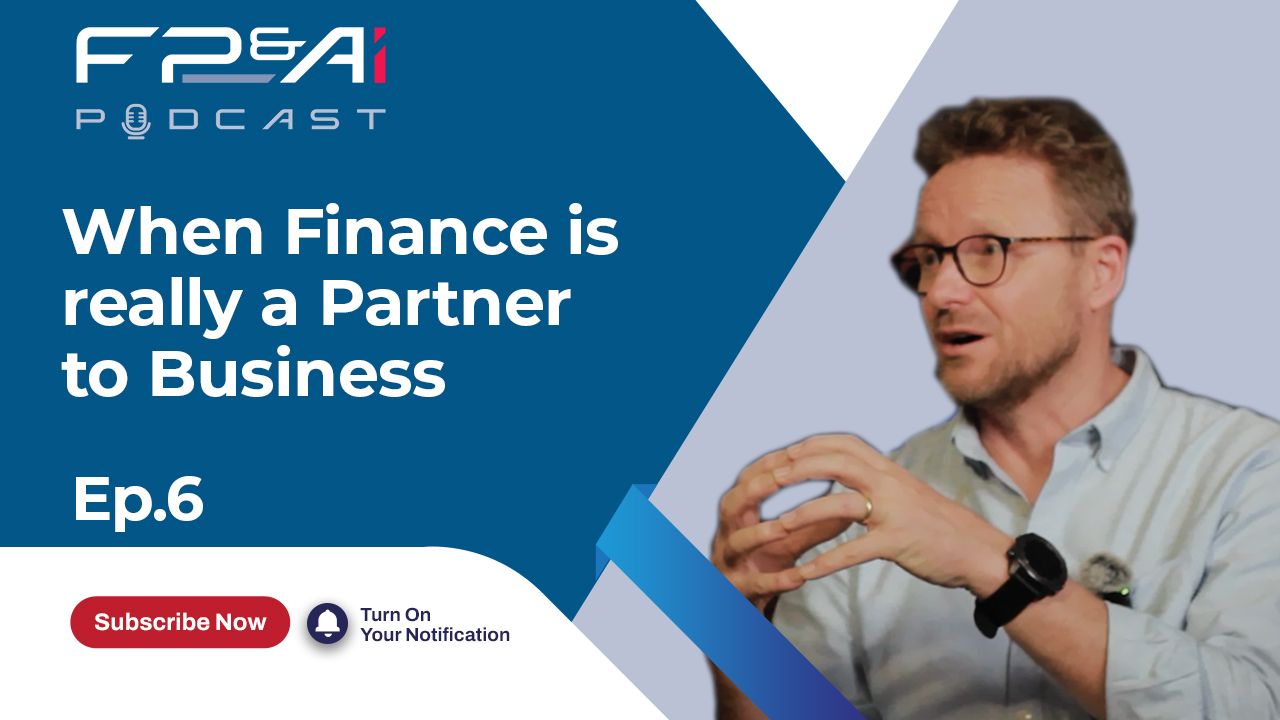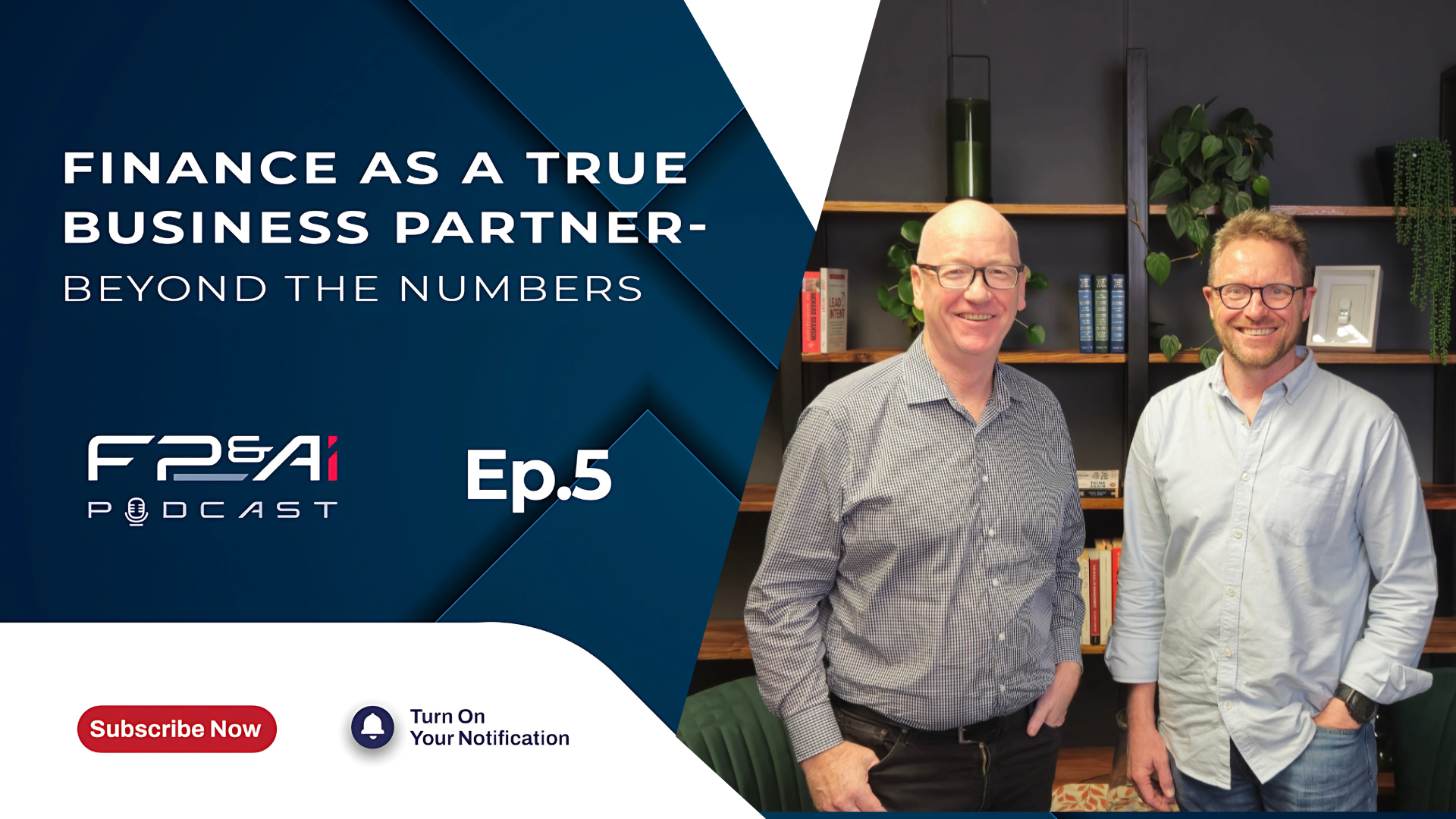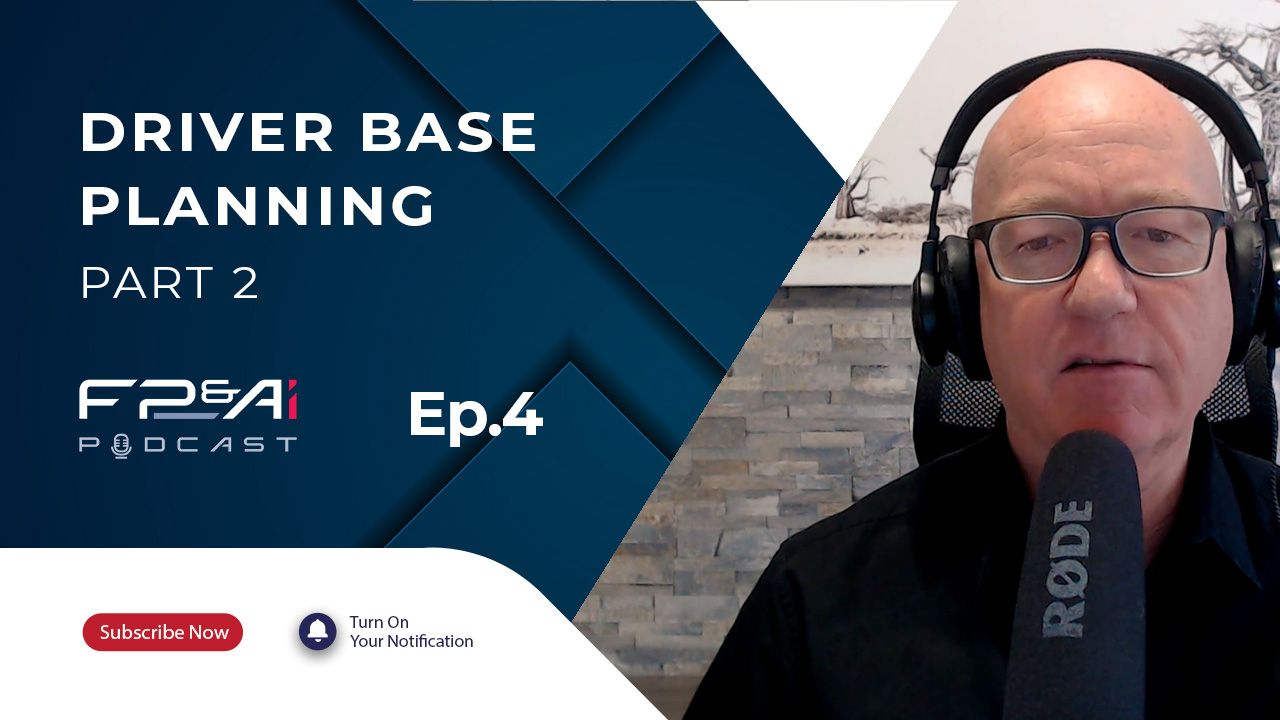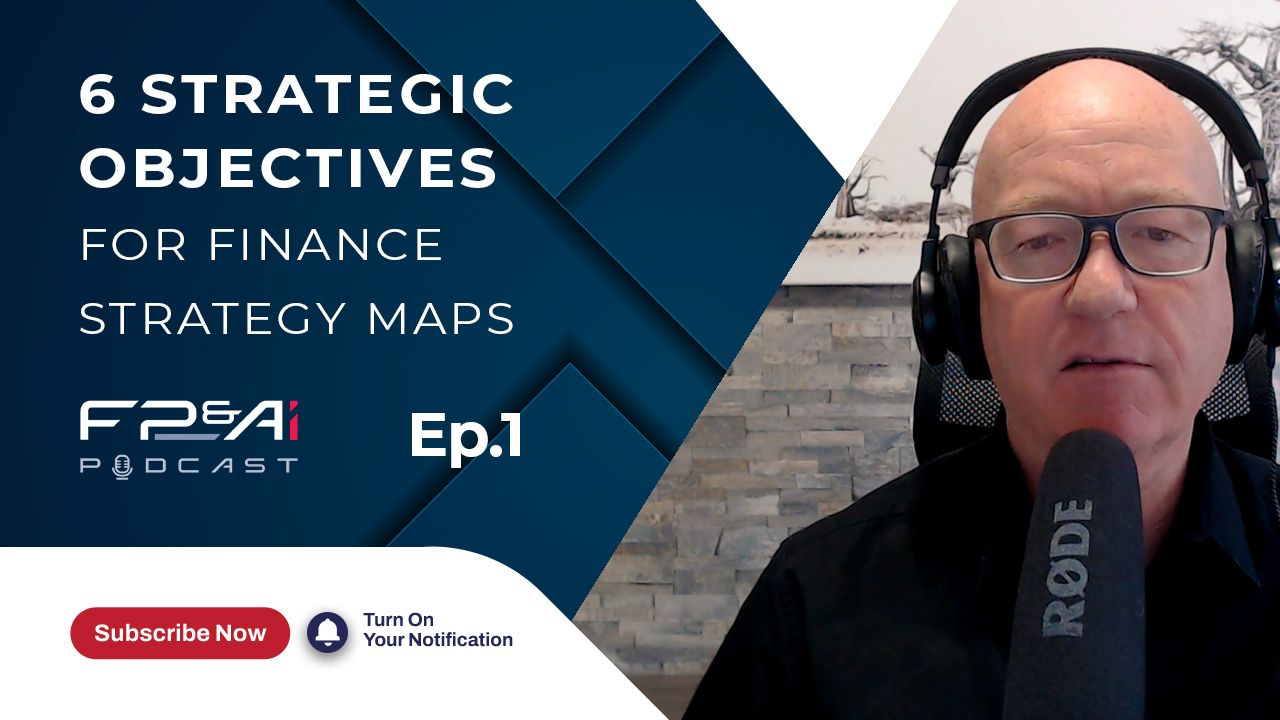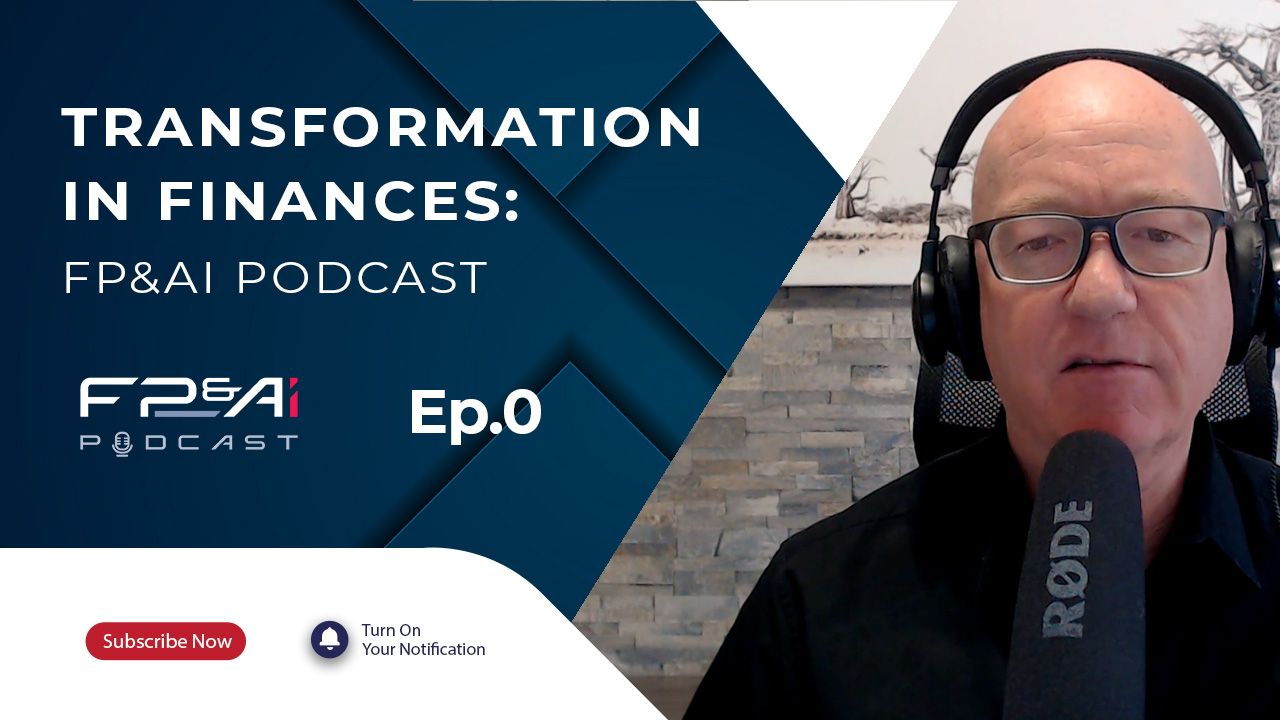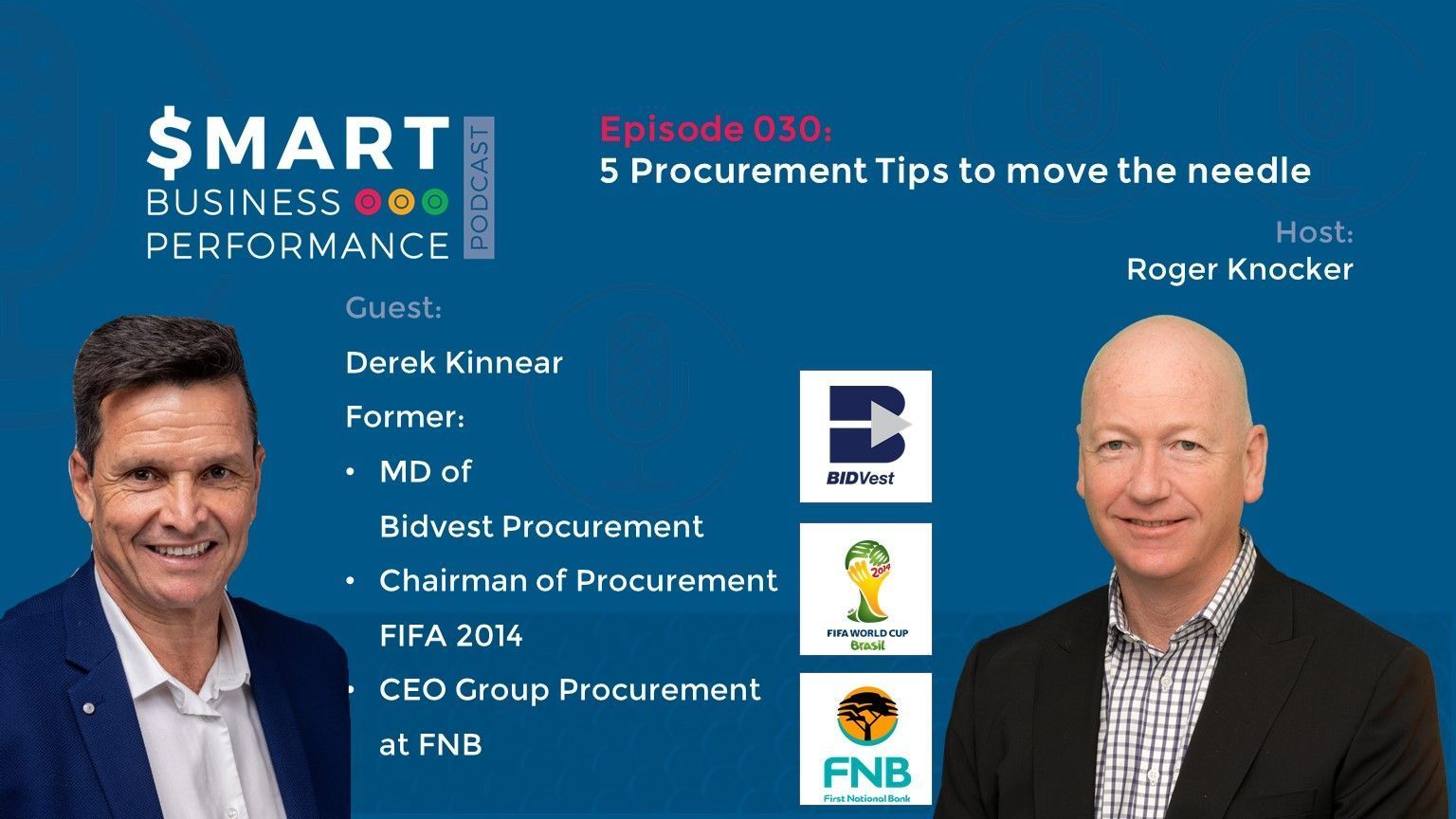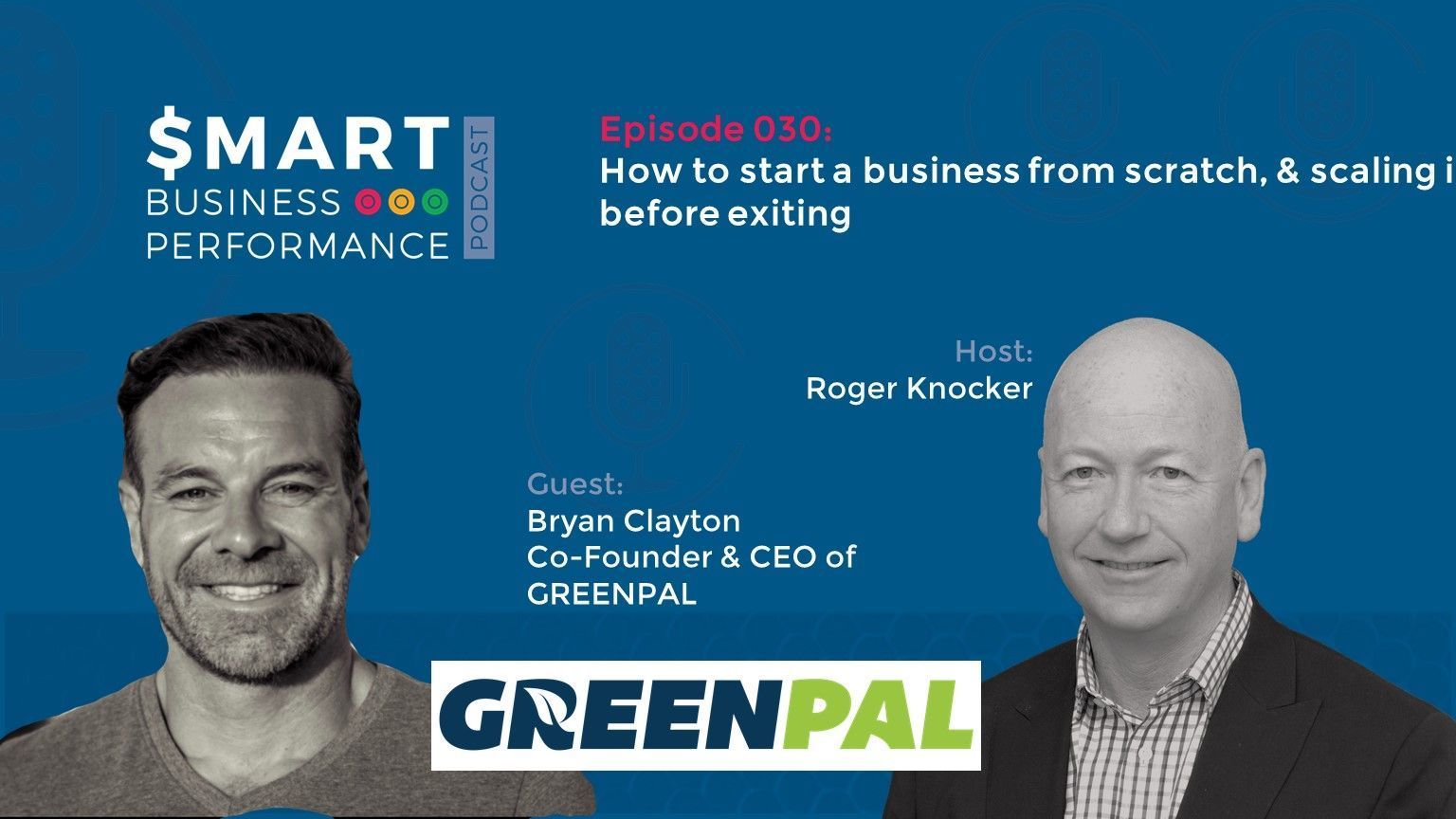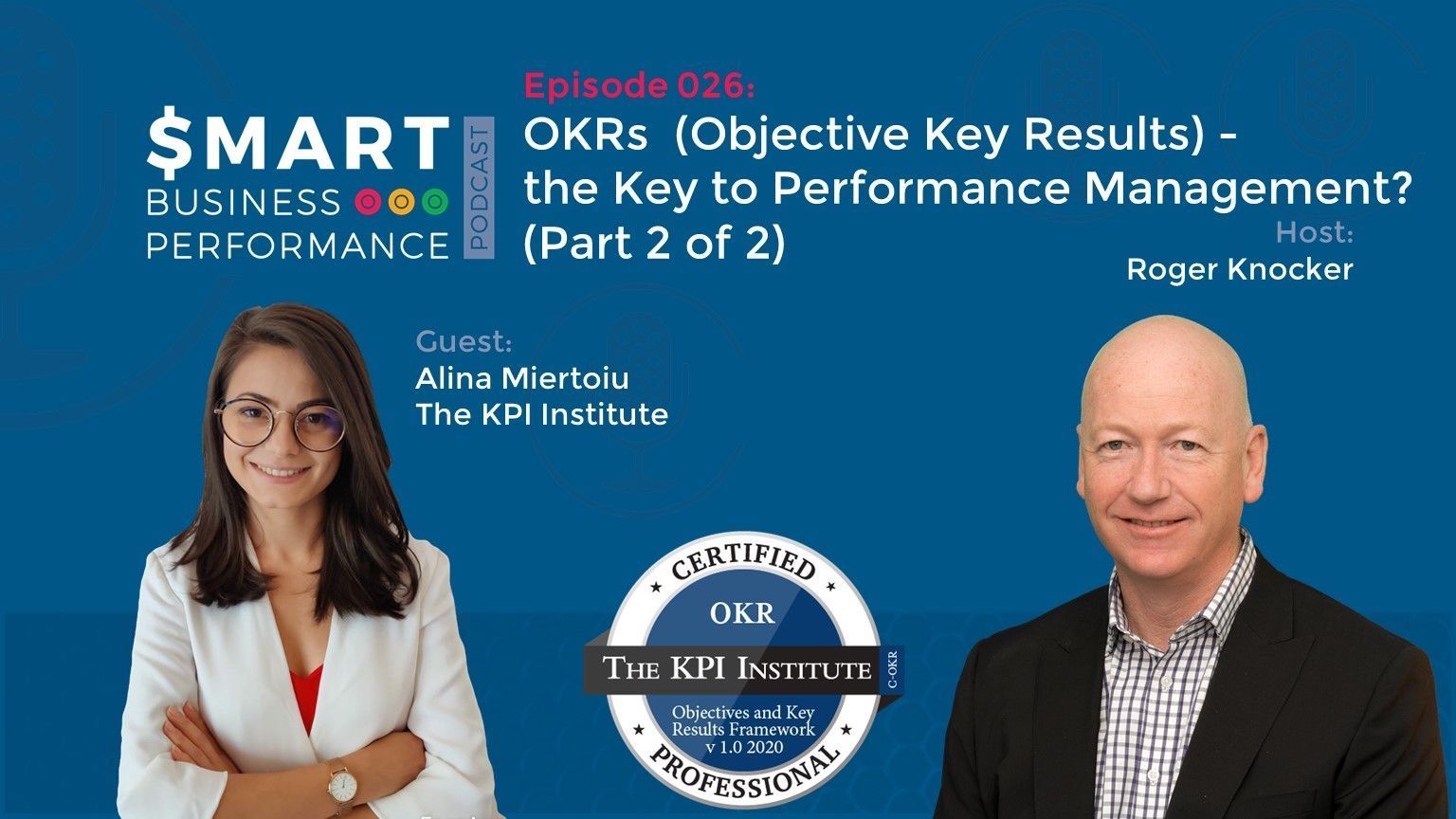By Roger Knocker
•
September 19, 2025
In Episode 3 of the FP&Ai Podcast, Roger Knocker and Anthony Wilson take the theory of driver-based budgeting and bring it to life with practical examples. From building revenue models based on quantity and price to people planning that accounts for salaries, allowances and benefits, this conversation shows how to turn financial data into meaningful business insights. You’ll discover how to strike the balance between detail and simplicity, avoid the pitfalls of overriding models at year-end, and use tools like Prophix to run real scenarios that link operational activities directly to financial outcomes. Conversation Highlights: [0:04] Roger Knocker welcomed listeners to the new FP&Ai Podcast, co-hosted with Anthony Wilson. The series will share 10 tips on budgeting, forecasting, and planning, starting with the basics and moving into more advanced insights. [1:42] Roger asked Anthony to explain driver-based budgeting and how it differs from traditional budgeting. [2:01] Anthony explained that traditional budgeting often projects past trends into the future (for example, adding 10% to revenue), creating a static view. It does not always link operational activities to financial outcomes. [3:22] Anthony contrasted this with driver-based budgeting, which connects financial results to both operational drivers (sales volume, demand, subscriptions, churn, production) and financial drivers (gross profit margin, net profit). This creates an integrated model that shows how changes in activity directly impact results. [5:09] Roger illustrated the difference with an example: instead of budgeting R10,000 for entertainment, driver-based budgeting breaks it down into number of events × average price per event, which allows for more meaningful adjustments and scenario planning. [6:57] Anthony added that this approach also links drivers to other drivers (for example, more events generate more revenue but also increase costs). This enables businesses to explain variances between actual and budget — not just the “what,” but the “why.” [8:26] Anthony emphasized that forecasting is more accurate in a driver-based model. Instead of simply spreading leftover budgets across future months, companies adjust based on actual activities and drivers, producing a more realistic forward view. [9:21] Roger raised the risk that, under pressure, CFOs sometimes override driver models and insert arbitrary numbers to meet board expectations. Anthony agreed this undermines the value of the model, stressing the importance of staying disciplined. [10:48] Roger and Anthony summarized the fundamental principle: quantity × price = value. They noted that in practice, drivers often cascade: one driver affects another, eventually shaping the financial outcome. [11:22] Anthony distinguished financial drivers (margins, costs, expenses, working capital) from operational drivers (sales volume, customer acquisition, productivity). Businesses must link the two for a complete picture. [13:28] Roger suggested moving from theory to practice, and Anthony demonstrated a Prophix planning model, showing how revenues can be modeled at a quantity × price level across different products, customers, regions, or sales reps. [17:00] Roger and Anthony emphasized the importance of focusing on key products or segments (using the 80/20 rule) rather than overcomplicating models with excessive detail, which can cause delays and override risks. [21:03] Roger noted that while some industries (like pharmaceuticals) require detailed SKU-level planning, most businesses can operate effectively at a higher category level. Anthony concluded that the key is finding the right balance: accurate enough for insight, but not so complex that it becomes unmanageable.
